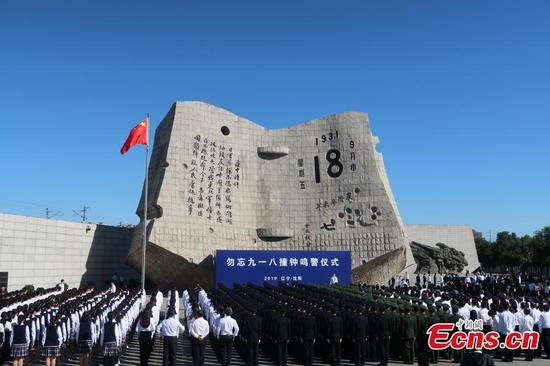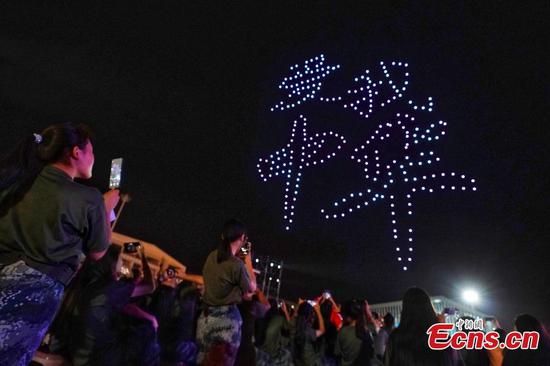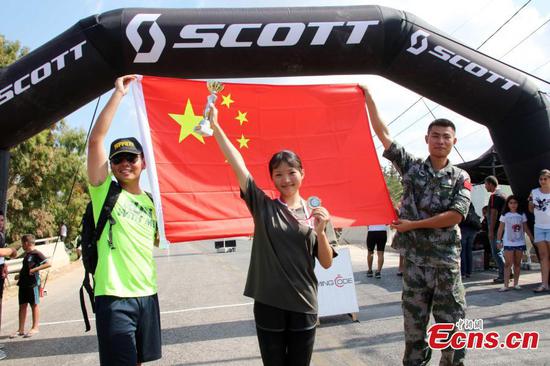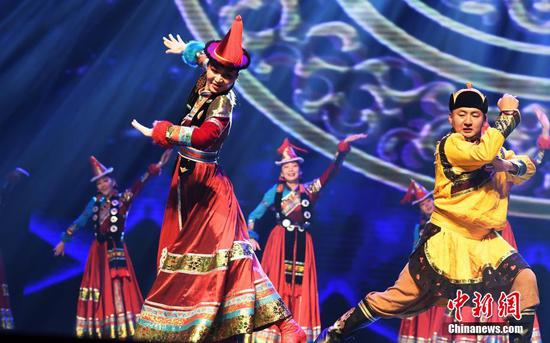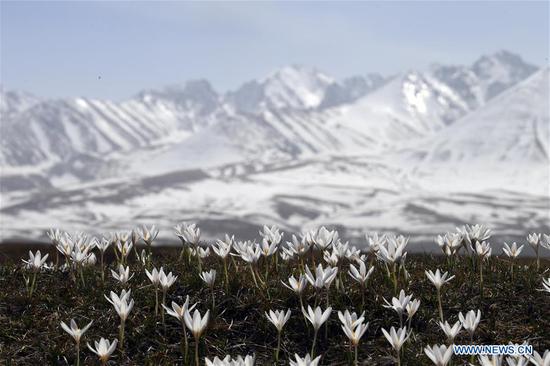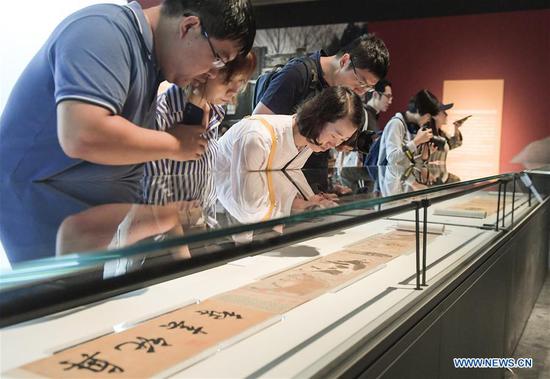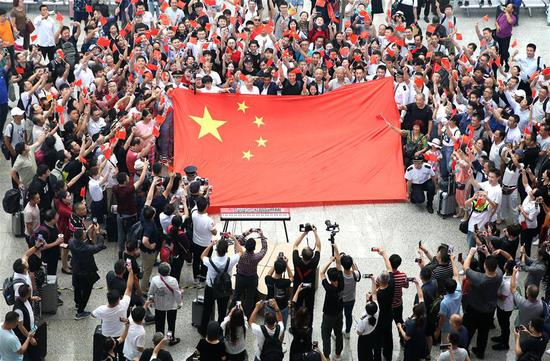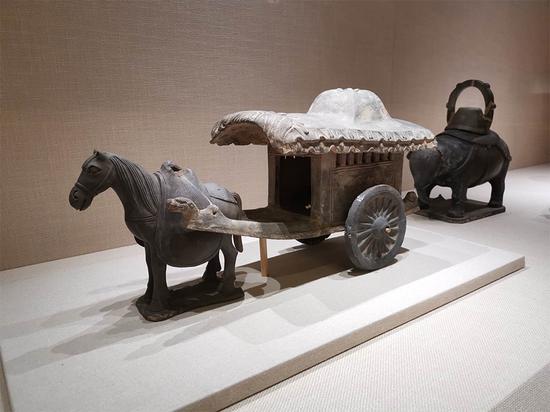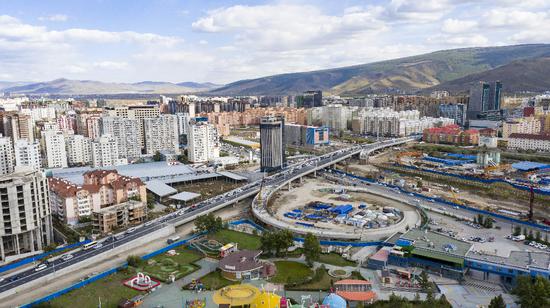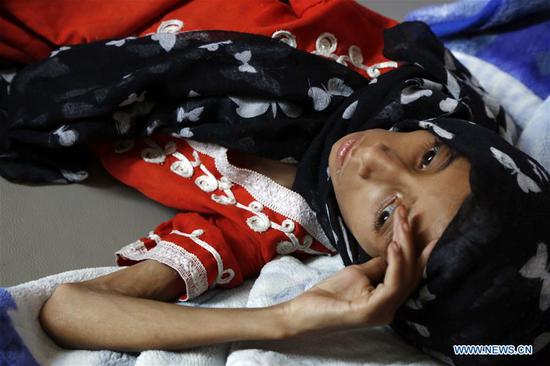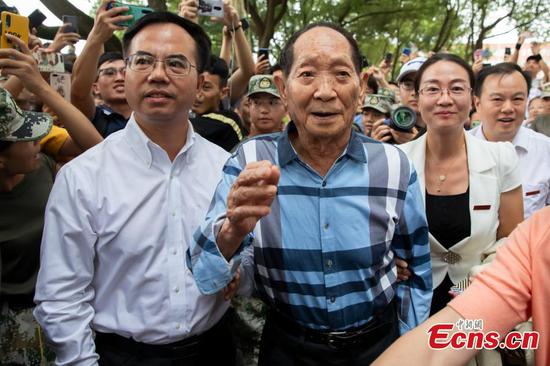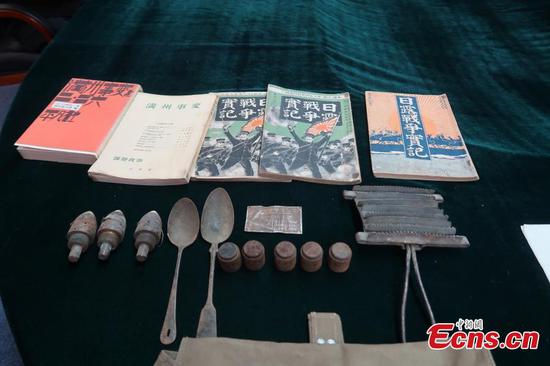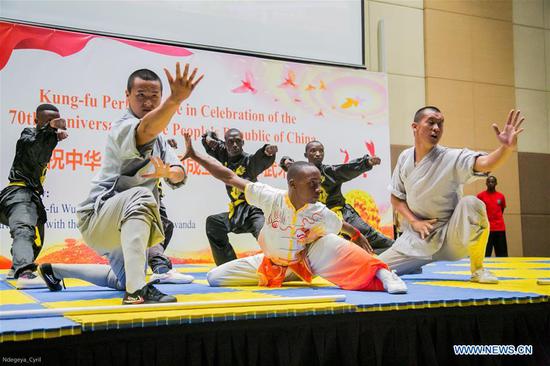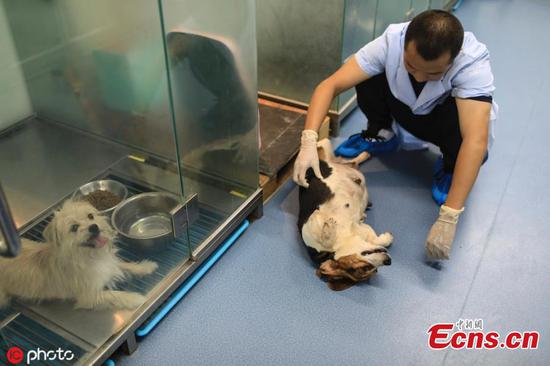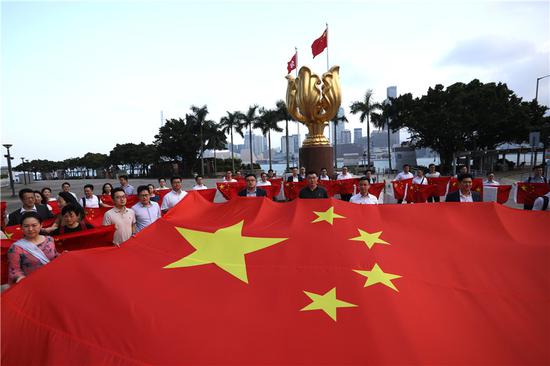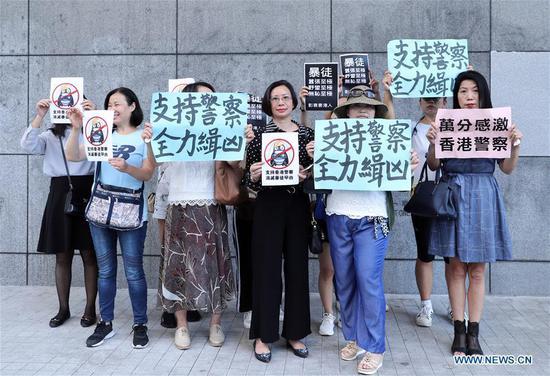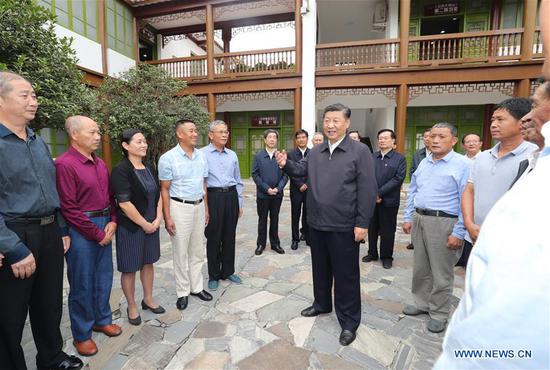
Residents make rose jam in a village in Hotan, Xinjiang Uygur autonomous region, in June. (Photo/Xinhua)
China has adopted a series of measures to combat extremism and safeguard rights in the Xinjiang Uygur autonomous region in recent years, and the region has achieved notable results in socioeconomic development, experts said at a United Nations meeting in Geneva.
The meeting, a side event of the 42nd session of the UN Human Rights Council, themed "The Fight Against Extremism and Human Rights Protection in Xinjiang", was held on Monday by the China Society for Human Rights Studies at the Palace of Nations.
Some 50 representatives, including government officials and personnel from international and nongovernmental organizations, were in attendance.
Chairing the meeting, Wu Leifen, deputy secretary-general of the China Society for Human Rights Studies, told the audience that Xinjiang was once deeply threatened by religious extremism, terrorism and ethnic separatist activities, leading to the violation of local people's basic human rights.
To tackle these problems, Xinjiang has adopted a series of measures in recent years and achieved good results, Wu said. The security situation there has fundamentally improved, the number of terrorist attacks has been greatly reduced and the basic human rights of the people have effectively been safeguarded, she said.
Gu Yingsu, a member of the China Society for Human Rights Studies' council, recalled how religious extremism had seriously affected the normal lives of the people and inflicted substantial harm on women and children.
She said that in modern civilization, care for women and children is an important component of social development.
Wuji'ahamaiti Tuerxun, president of Xinjiang Uygur Medical College, said that due to religious extremism, medical knowledge and skills were difficult to access in the past.
"Extremist thoughts have caused a large number of innocent people to suffer," he said, adding that in some places, believers of extremist thoughts even declined to accept medical treatment.
In recent years, he said, the government has vigorously made a series of anti-extremism efforts, such as providing vocational education and training for locals, achieving remarkable effects and winning heartfelt support from the people.
Mao Junxiang, executive director of the Center for Human Rights Studies at Central South University, in Hunan province, said that in recent years, Xinjiang has carried out anti-terrorism and anti-extremism campaigns in accordance with the law.
The basic rights of people of all ethnicities have been secured, social order has been restored and comprehensive development has been made possible, which has won widespread international acclaim, Mao said.
Chang Jian, director of the Center for Human Rights Studies at Nankai University, in Tianjin, said that to curb terrorism and violent extremism, it is necessary not only to crack down on violent acts but also to eliminate the root causes and propagation pathways of violent extremism.










